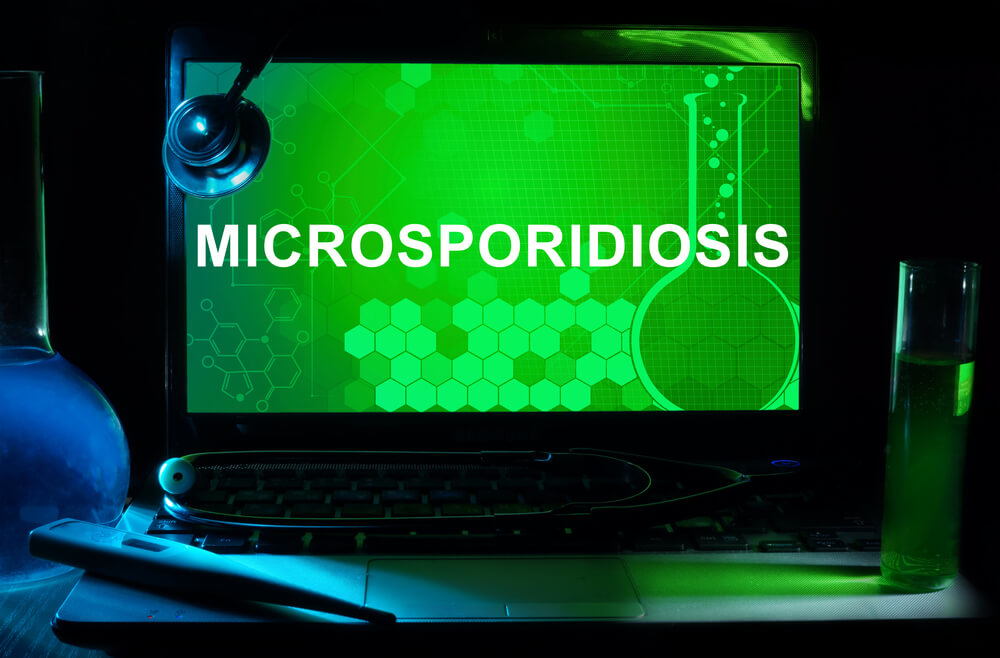Microsporidiosis is an infection brought by a parasite known as microsporidiosis. Symptomatic disease grows transcendently in patients with AIDS and incorporates corneal disease, loose bowel movement, and disseminated infection. Furthermore, the infection can be detected in urine, specimens, stools, and other discharges.
Normally, the parasites attack individuals with immunodeficiency or weak immune system. This condition may cause several health conditions, including kidney disease and infection of the eyes and sinuses.
Moreover, this infection is communicable through fecal-oral routes with the patient who has this kind of condition. Also, the water and food can be contaminated as well.


